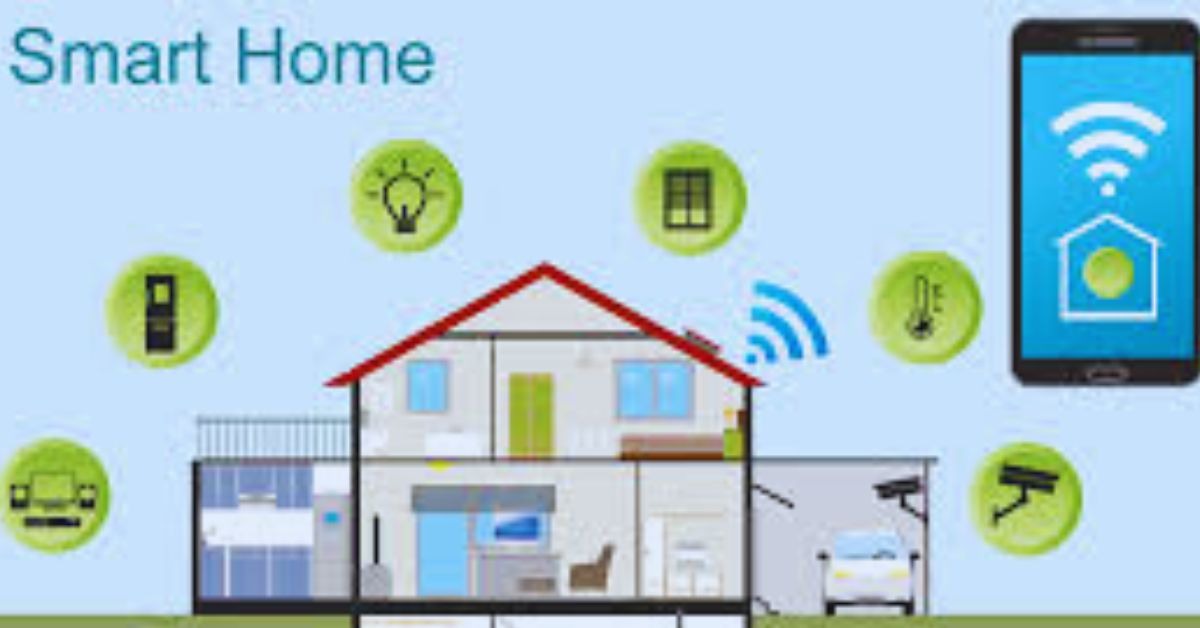In recent years, smart home devices have transformed from futuristic novelties to essential components of modern living. As technology continues to evolve, these devices are becoming more integrated, intelligent, and user-friendly. This article explores the journey of smart home devices and what the future might hold for this innovative industry.
The Early Days of Smart Homes
The concept of a “smart home” dates back to the late 20th century, with the advent of home automation systems designed to control lighting, heating, and security. Early systems were expensive, complex, and accessible only to a niche market. Devices like programmable thermostats and rudimentary security systems laid the foundation for the smart homes we know today.
The Rise of Connectivity and IoT
The emergence of the Internet of Things (IoT) revolutionized smart home technology. IoT-enabled devices began to communicate with one another, creating a seamless ecosystem. Products such as smart speakers, connected light bulbs, and intelligent thermostats gained popularity, thanks to their affordability and ease of use. Tech giants like Amazon, Google, and Apple introduced voice assistants like Alexa, Google Assistant, and Siri, further simplifying the user experience.
Advancements in Artificial Intelligence
Artificial intelligence (AI) has been a game-changer for smart home devices. AI-powered systems can learn user preferences, automate routines, and even predict needs. For instance, smart thermostats now adjust settings based on occupancy patterns, while AI-enabled security cameras can distinguish between familiar faces and potential intruders. These advancements have made smart home devices more intuitive and efficient.
Increased Focus on Energy Efficiency
As environmental concerns grow, smart home devices are playing a critical role in promoting energy efficiency. Smart plugs, energy monitors, and eco-friendly appliances help users reduce energy consumption and lower utility bills. Solar-powered devices and smart energy storage solutions are also gaining traction, aligning with global efforts to combat climate change.
Challenges Facing Smart Home Technology
Despite significant progress, the smart home industry faces several challenges. Privacy and security remain top concerns, as connected devices are vulnerable to hacking and data breaches. Ensuring interoperability between devices from different manufacturers is another hurdle. Additionally, the high cost of some advanced systems can be a barrier for widespread adoption.
What’s Next for Smart Home Devices?
The future of smart home devices is brimming with possibilities:
- Enhanced Interconnectivity: Devices will become even more integrated, creating a truly interconnected smart home ecosystem. Unified platforms may emerge, allowing seamless control of all devices regardless of brand.
- Voice and Gesture Control: While voice assistants are already popular, the next wave of technology could incorporate gesture recognition for more intuitive control.
- AI-Driven Personalization: Future devices will leverage advanced AI to provide hyper-personalized experiences, such as tailoring lighting, music, and temperature based on mood and activity.
- Health Monitoring: Smart home technology will likely expand into health and wellness, with devices monitoring vital signs, providing reminders for medication, and supporting telehealth consultations.
- Sustainability Innovations: Expect more eco-friendly innovations, such as smart water-saving systems and devices made from sustainable materials.
Conclusion
The evolution of smart home devices has been remarkable, driven by advancements in IoT, AI, and energy efficiency. While challenges remain, the future holds immense potential for more intelligent, interconnected, and sustainable solutions. As technology continues to advance, smart homes will not only enhance convenience but also contribute to a better quality of life and a more sustainable planet.
